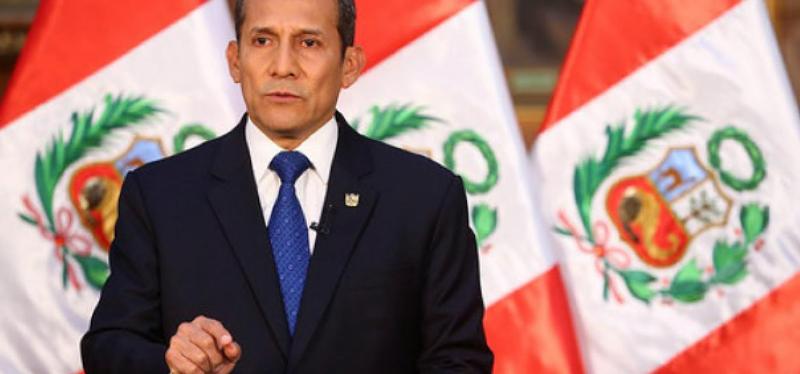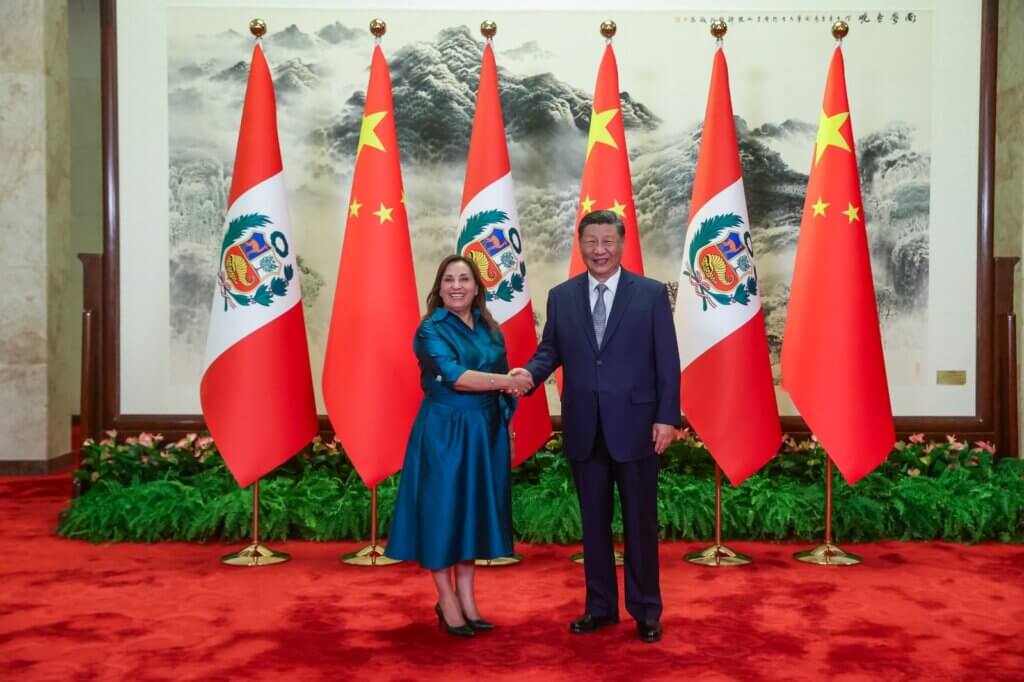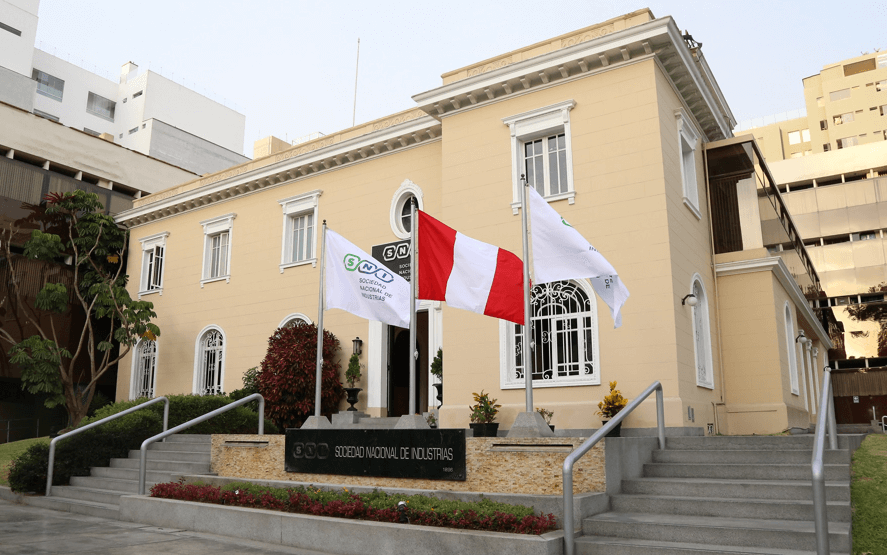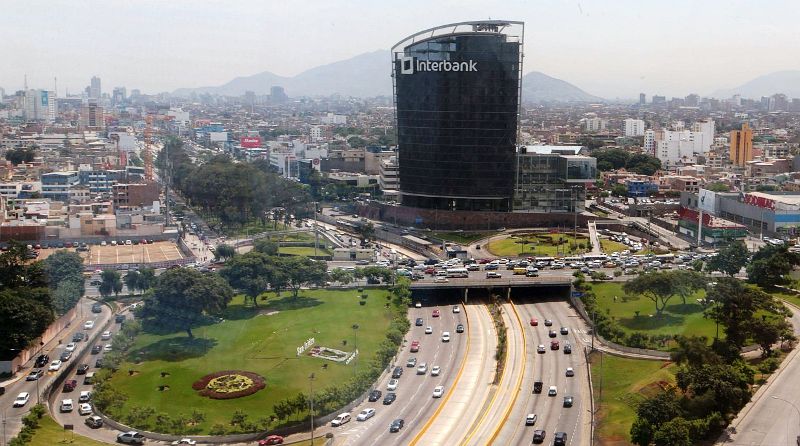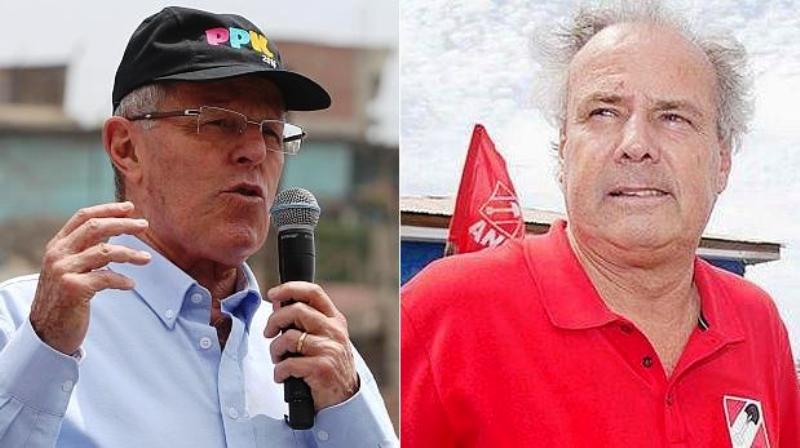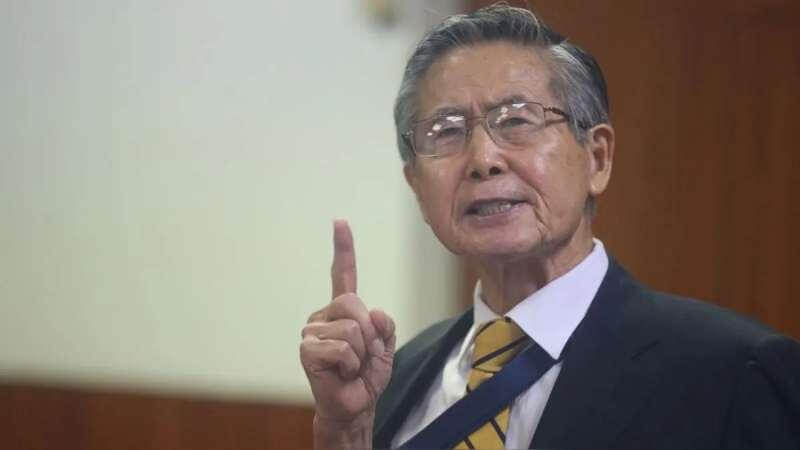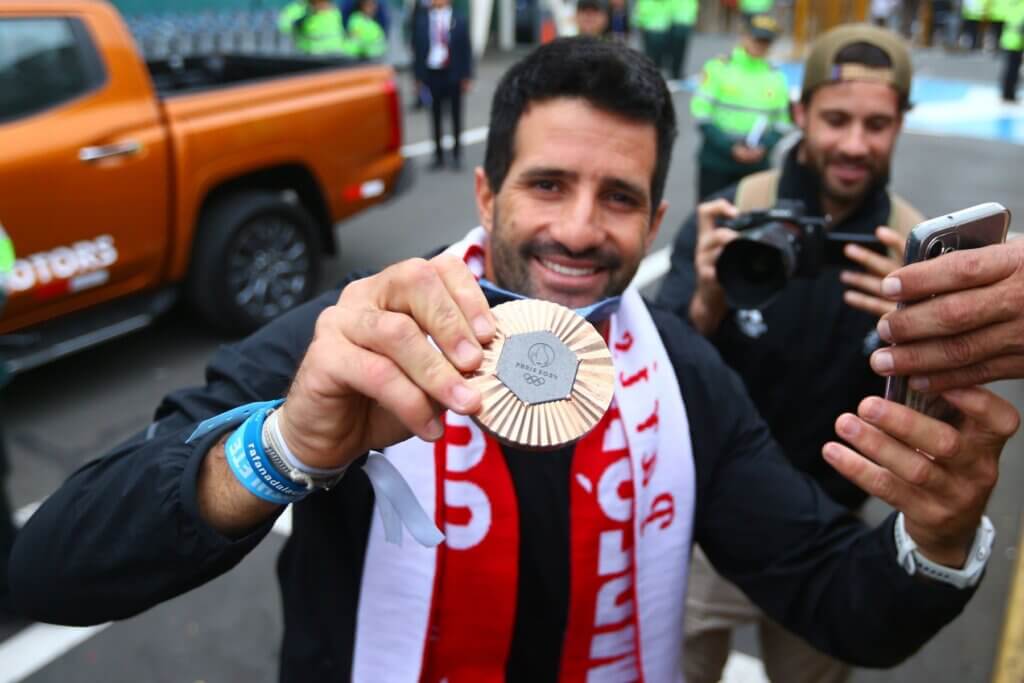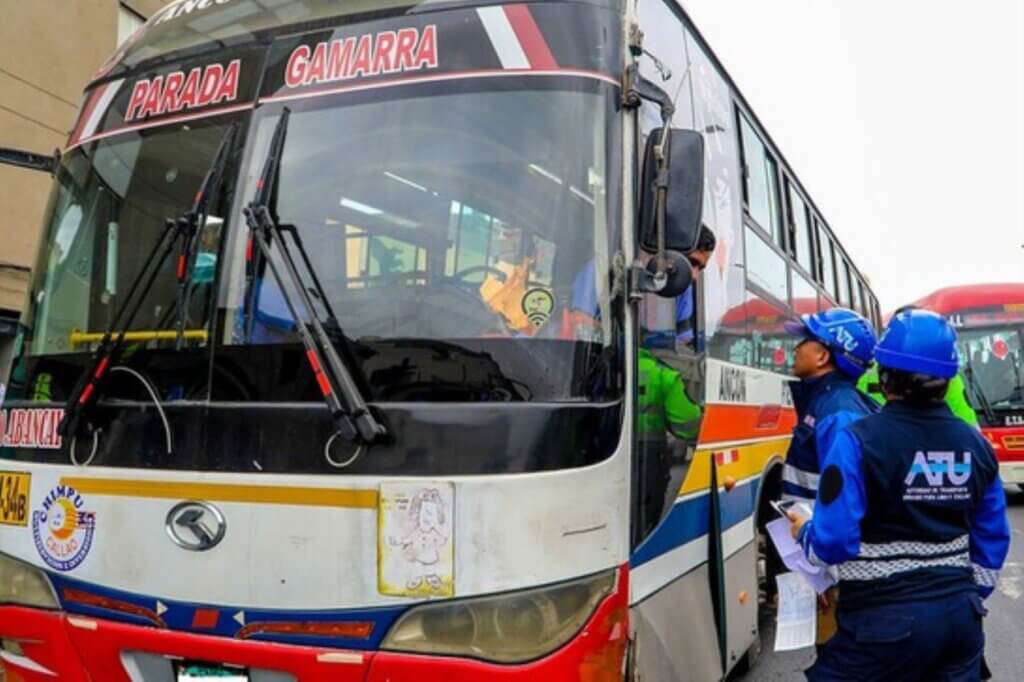President Ollanta Humala rejected calls for a suspension of the controversial Tia Maria copper mine project in a speech after anti-mining riots in the city of Arequipa.
In a speech to the nation on Friday, Humala made the case that the role of the executive power is not to defend individuals or business, but the rule of law. In response to politicians including Keiko Fujimori and Alejandro Toledo who have called for a suspension of the $1.4 billion copper mine project, Humala said that unilaterally suspending construction would have “disastrous legal and economic consequences” as well as expose Peru to international lawsuits for breach of contract. He added that a unilateral suspension would also set a bad precedent for future mining projects in Peru.
“We should address the population’s legitimate worries and give them solutions. But at the same time we must reject extreme and violent positions which conceal hidden and economic interests, taking advantage of the people and preventing progress,” Humala said in a reference to anti-mining leader Pepe Julio Gutierrez, who was arrested on Friday for extortion.
Humala also called on Southern Copper to make the case to residents of Islay province that its second environmental study will not harm local farming. “I demand that the company in charge of the Tia Maria mining project express its will and take concrete steps to build a base of understanding required not only to achieve peace, but also development, foundations for the execution of any project.”
Humala highlighted various public works his government has completed in Arequipa and Islay province, and he finished by praising the police and armed forces charged with keeping the peace in the face of violent protests. The speech comes after a three-day strike in the city of Arequipa which saw widespread property damage and the city’s central plaza became a battlefield between protesters and police.
Southern Copper announced a 60-day “pause” to the Tia Maria project after the President’s speech. “Southern Peru proposes a pause, an intermission, which would benefit the people, an opportunity that will allow everybody to present their fears and worries, to identify solutions, to come to an agreement and define the responsibilities that each one should assume in a reasonable time frame,” wrote Southern Copper president Oscar Gonzales in a company statement. “We have heard the national government through the President of the republic and in the spirit of recovering the climate of peaceful coexistence that the country requires, we ask for the time and resources necessary to explain the project and clear up all doubts over the next 60 days.”
Yesterday opposition leaders organized a two-day strike in regions throughout Peru. Leaders have confirmed strikes in the states of Apurimac, Ayacucho, Cajamarca, Cusco, Junin, Moquegua, Puno and Tacna. The strikes scheduled for May 27 and 28 will be the first Tia Maria protests coordinated at a national level.
An Ipsos poll showed Humala’s approval ratings fell to 21% this month, tying the lowest approval of his term. The survey indicated the fall is due to his handling of the Tia Maria conflict, which is following a similar course as the still unrealized Congas gold and copper project in Cajamarca.
Humala deployed the Peruvian military to restore order in Islay province this week after protesters killed a police officer. Indefinite protests which began March 23 have led to three deaths and over 200 injuries. Negotiations have failed twice. Protesters concerned for local agriculture demand that Southern Copper abandon the $1.4 billion copper mine. Three died in Tia Maria protests in 2011.
Sources
Mensaje a la Nación pronunciado por el Presidente de la República, Ollanta Humala Tasso (Presidencia de la Republica del Peru)
Southern propone “una pausa” a proyecto Tía María (RPP)
Tía María: 9 regiones realizarán paro en apoyo a Valle de Tambo (El Comercio)
Humala: popularidad cae seis puntos y llega a su nivel más bajo (El Comercio)


